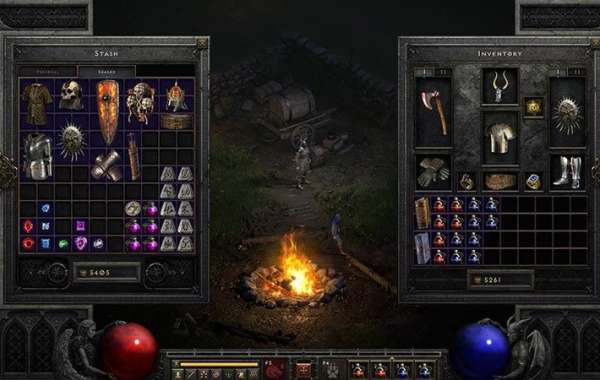Buying a home is something we all dream of as adults, whether we are looking for a house for sale in Nugegoda city, a Kiribathgoda house for sale in a calm and peaceful environment, or a luxury villa for sale in Sri Lanka, we are all driven by the same needs. The desire to own a home is driven by a combination of psychological, financial, and social factors:
- Stability and Security: Owning a home provides a sense of stability and security. It is a place where people can create a stable environment for themselves and their families without the uncertainty of lease renewals or rent increases.
- Control and Personalisation: Homeownership allows individuals to have more control over their living space. People can renovate, decorate, and modify their homes to suit their tastes and needs.
- Financial Investment: Real estate is often viewed as a solid investment. Over time, property values can increase, potentially providing financial returns. Homeownership can also be seen as a way to build equity rather than paying rent with no return.
- Social Status: In many cultures, owning a home is associated with success and status. It can symbolise achievement and provide a sense of pride.
- Legacy and Family: People often want to provide a stable and lasting home for their families. Owning a home can be part of creating a legacy and passing down assets to future generations.
- Independence: Owning a home can represent independence and self-reliance. It means having a place that is entirely your own, free from the constraints of renting.
These factors can vary in importance depending on individual circumstances and cultural contexts.
What is the home buying process?
The home buying process generally involves several key steps:
- Determine Your Budget: Assess your financial situation to determine how much you can afford. This includes considering your savings for a down payment, ongoing mortgage payments, property taxes, insurance, and other expenses.
- Get Pre-Approved for a Mortgage: Obtain pre-approval from a lender to understand how much you can borrow and to show sellers you are a serious buyer.
- Find a Real Estate Agent: A real estate agent can help you find properties, negotiate offers, and guide you through the buying process.
- Start House Hunting: Search for homes that meet your criteria, such as location, size, and amenities. Attend open houses and schedule viewings. Whether you want a house for sale in Kandy or something within the main city of Colombo, it is always best to do an online search first and shortlist properties that meet your requirements.
- Make an Offer: Once you find a home you like, make an offer to the seller. Your agent can help you determine a fair offer price based on market conditions.
- Negotiate and Sign a Contract: If the seller accepts your offer, you will enter into a contract. This may involve negotiating terms and contingencies.
- Complete Inspections: Schedule a home inspection to check for any issues with the property. This can help you identify any repairs or concerns before finalising the purchase.
- Appraise the Property: The lender will require an appraisal to ensure the property’s value meets or exceeds the loan amount.
- Secure Financing: Finalise your mortgage by working with your lender to complete all necessary paperwork and fulfil any conditions of the loan.
- Close the Sale: During closing, you will review and sign documents, pay closing costs, and finalise the transfer of ownership. The property title is transferred to you, and you receive the keys to your new home.
- Move In: Once the sale is complete, you can move into your new home and begin the process of making it your own.
Each step involves specific tasks and documentation, so working with professionals like real estate agents and lenders can help ensure a smooth process.
What are the things you can and cannot negotiate when buying a home?
When buying a home, there are several aspects you can negotiate and some you generally cannot:
Things You Can Negotiate:
- Purchase Price: The most common negotiation is the price of the home. Based on market conditions, comparable sales, and the condition of the property, you may be able to negotiate a lower price.
- Closing Costs: You can negotiate who pays certain closing costs. Sellers might agree to cover some or all of the closing costs to make the deal more attractive.
- Contingencies: Terms related to contingencies, such as those for home inspections, appraisals, or financing, can be negotiated. For instance, you might ask for repairs to be made before closing.
- Move-In Date: The date you take possession of the property can be negotiated, especially if it aligns with the seller’s timeline or if you need time to sell your current home.
- Included Items: You can negotiate for certain items to be included in the sale, such as appliances, furniture, or other personal property.
- Home Warranty: Requesting a home warranty, which covers repairs and replacements for major systems and appliances, can sometimes be negotiated as part of the deal.
Things You Generally Cannot Negotiate:
- Property Taxes: Property taxes are set by local government authorities and are non-negotiable. However, you can factor them into your budget when deciding on a purchase.
- Homeowner’s Association (HOA) Fees: If the property is part of an HOA, the fees and regulations are set by the association and are not typically negotiable.
- Market Conditions: You cannot negotiate the broader market conditions, such as interest rates or overall housing market trends.
- Legal Restrictions: Any legal restrictions or zoning laws related to the property are beyond negotiation.
While negotiating these terms can help you get a better deal, it is important to approach negotiations thoughtfully and be prepared for counteroffers or concessions.








